Author(s): Kaspars Kļaviņš / Language(s): English
Issue: 1/2023
The genesis of Mongolian studies and Tibetology in Europe is closely linked to the beginnings of Buddhist studies, becoming acquainted with the traditional religions of Asian peoples, and the reception of ancient Indian and Chinese cultures. In addition, a significant phase of this research took place in the Russian Empire, where scholars such as Peter Simon Pallas (1741–1811), Heinrich Julius Klaproth (1783–1835), Isaac Jacob Schmidt (1779–1847), and others contributed to the study of these fields. The Baltic-German clergyman, historian, linguist, and orientalist Benjamin Fürchtegott Balthasar von Bergmann (hereinafter Benjamin Bergmann; 1772–1856), born to the family of Gustav von Bergmann (1749–1814), who was the Lutheran pastor of the Āraiši parish, is very important in this context. His main work on Asian studies was the four-volume work “Nomadische Streifereien unter den Kalmüken in den Jahren 1802 und 1803” (Nomadic Roaming Among Kalmyks in 1802–1803), published in German in Riga, which aimed to shed light on the culture of the Kalmyks (a group of western Mongolian tribes – Oirat settlers) living in the lower Volga region: ethnography, language, literature, religion, etc. Considering the connection between the Kalmyks practising Tibetan Buddhism (Lamaism) and Mongolian and Tibetan spirituality, Bergmann’s work also sought to explain the nature of Lamaism, which is objectively linked to various aspects of the mythological and philosophical tradition of ancient India, given that Buddhism arrived in Tibet from India and moved from Tibet onwards to the Mongol lands. Bergmann interpreted all this material within the framework of his possibilities for obtaining information, within his own worldview, and that of his contemporaries, sometimes putting forward new hypotheses and breaking with these frameworks. In order to better understand the issues and problems of contemporary Orientalism, it is necessary to become familiar with the insights and mistakes of its pioneers – in this case, Bergmann – which have further developed within the study of East Asian cultures and spiritual traditions both in terms of changing perceptions of Buddhism, Hinduism, etc. and in terms of continuing mistakes in the context of romanticised Orientalism, the search for Eastern exoticism, or the construction of an Asian image adapted to a European worldview. This article looks at some of Bergmann’s insights more relevant to contemporary research and debate in comparative religious, literary, and folklore studies.
More...
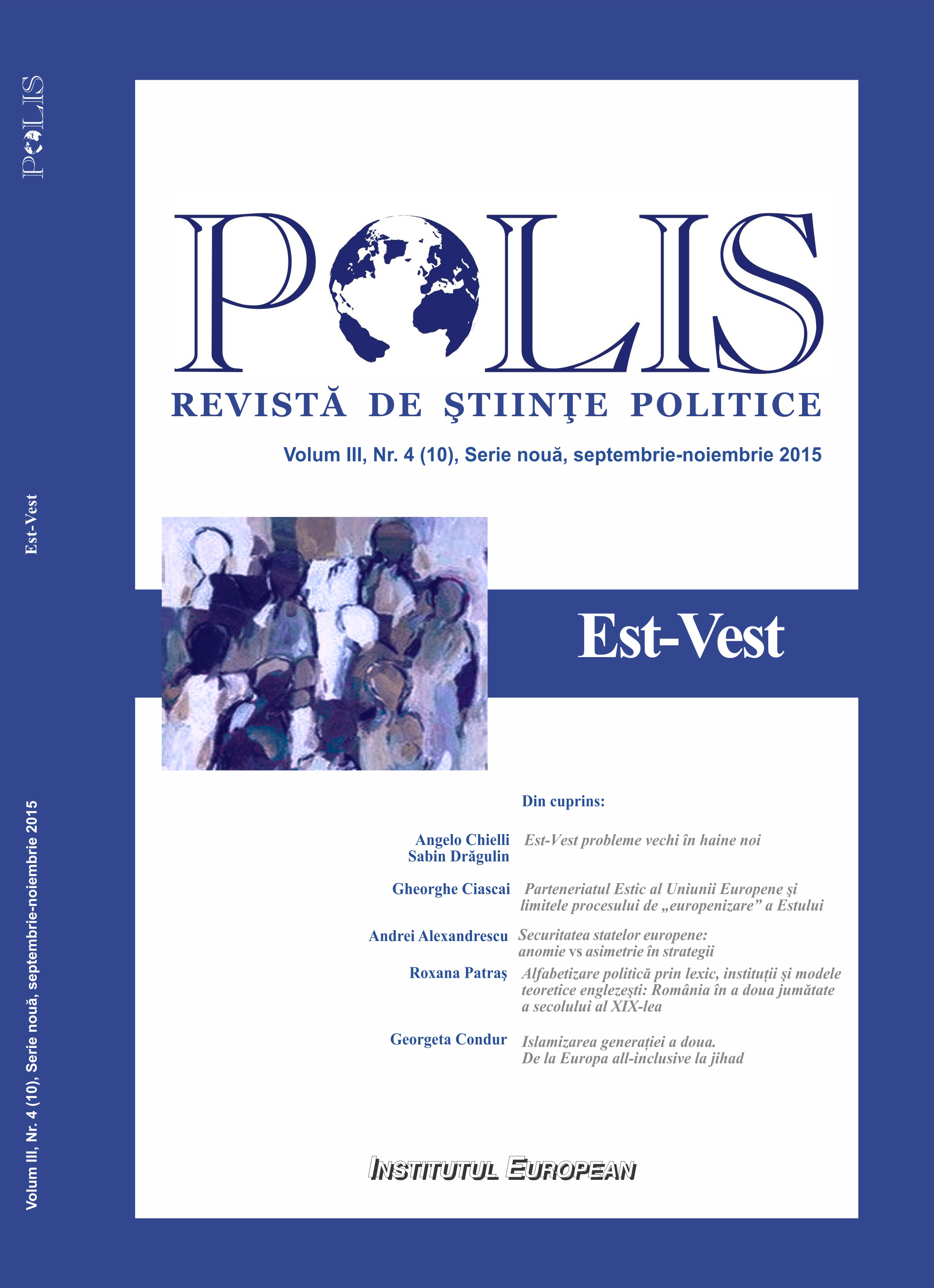

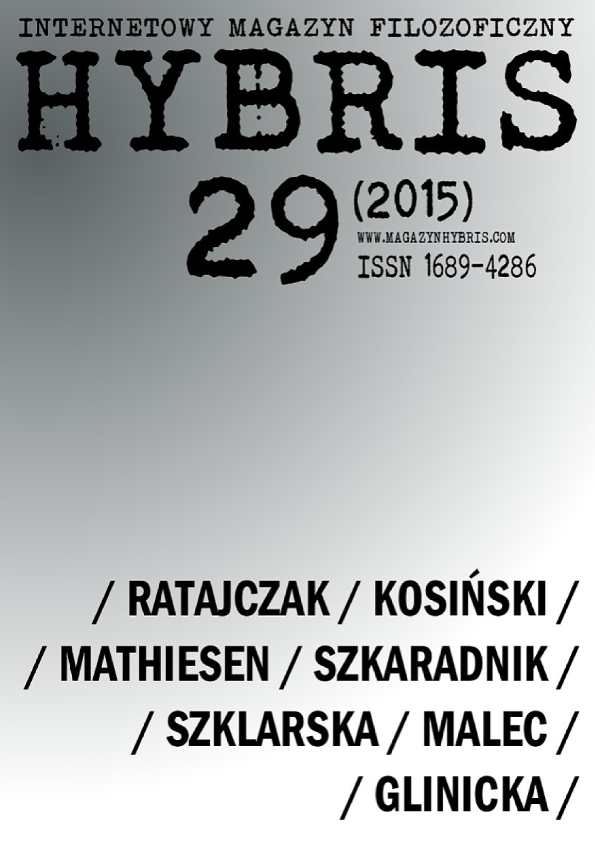
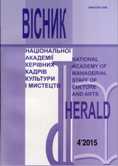
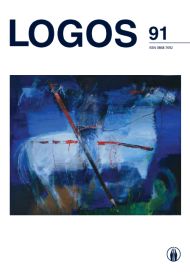
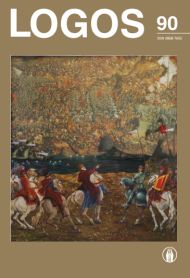
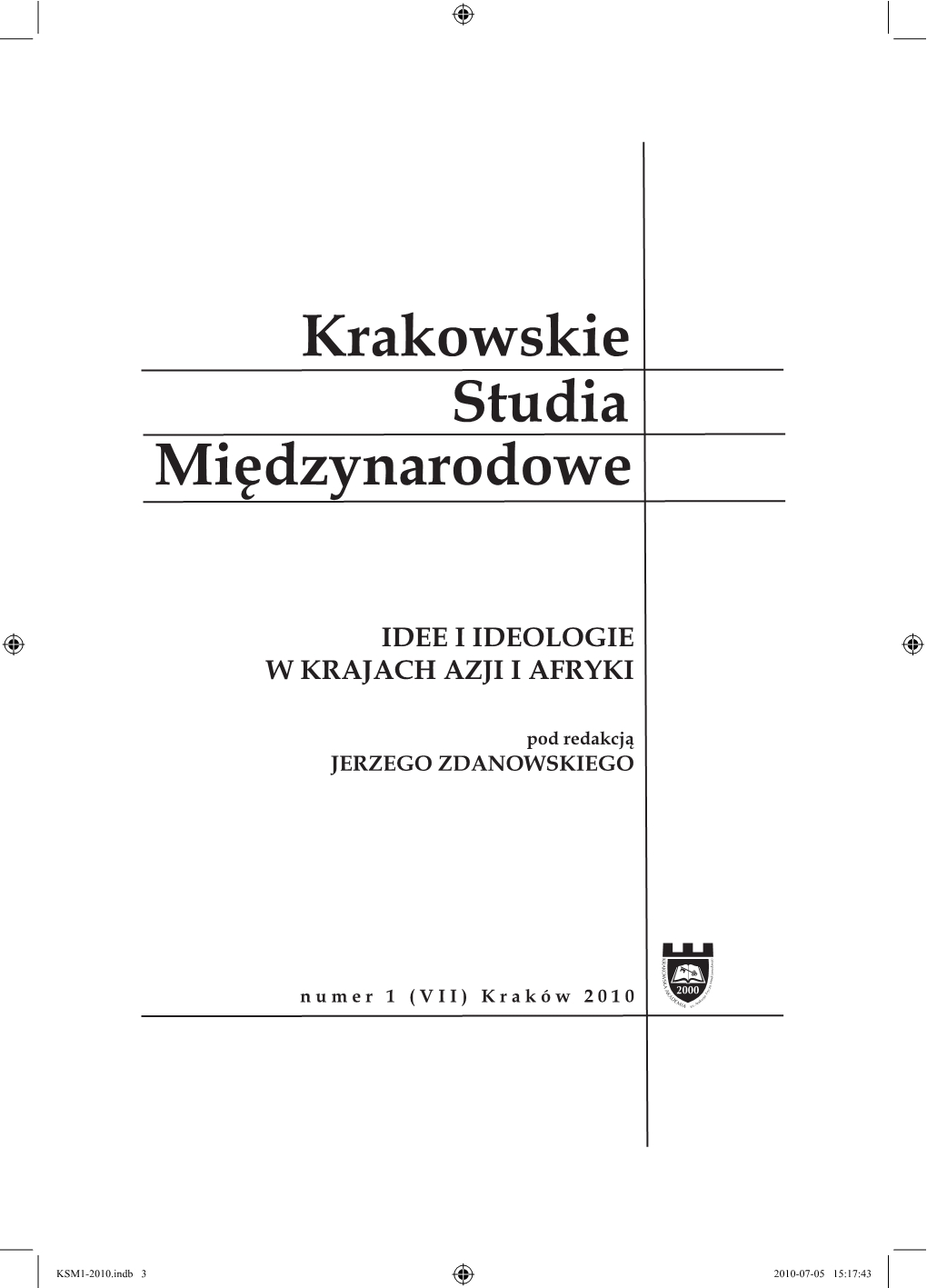

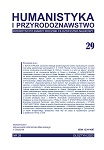
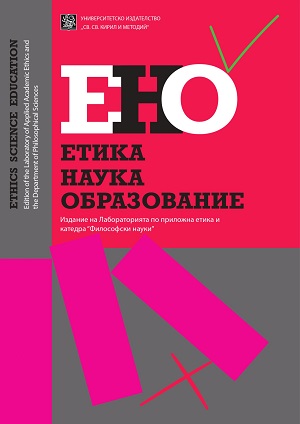


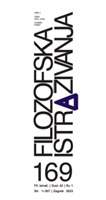
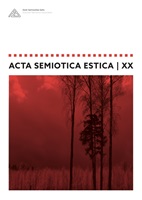

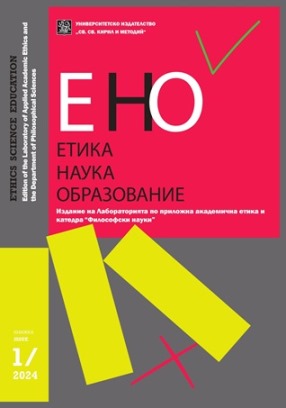
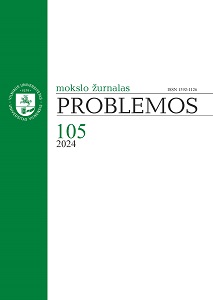
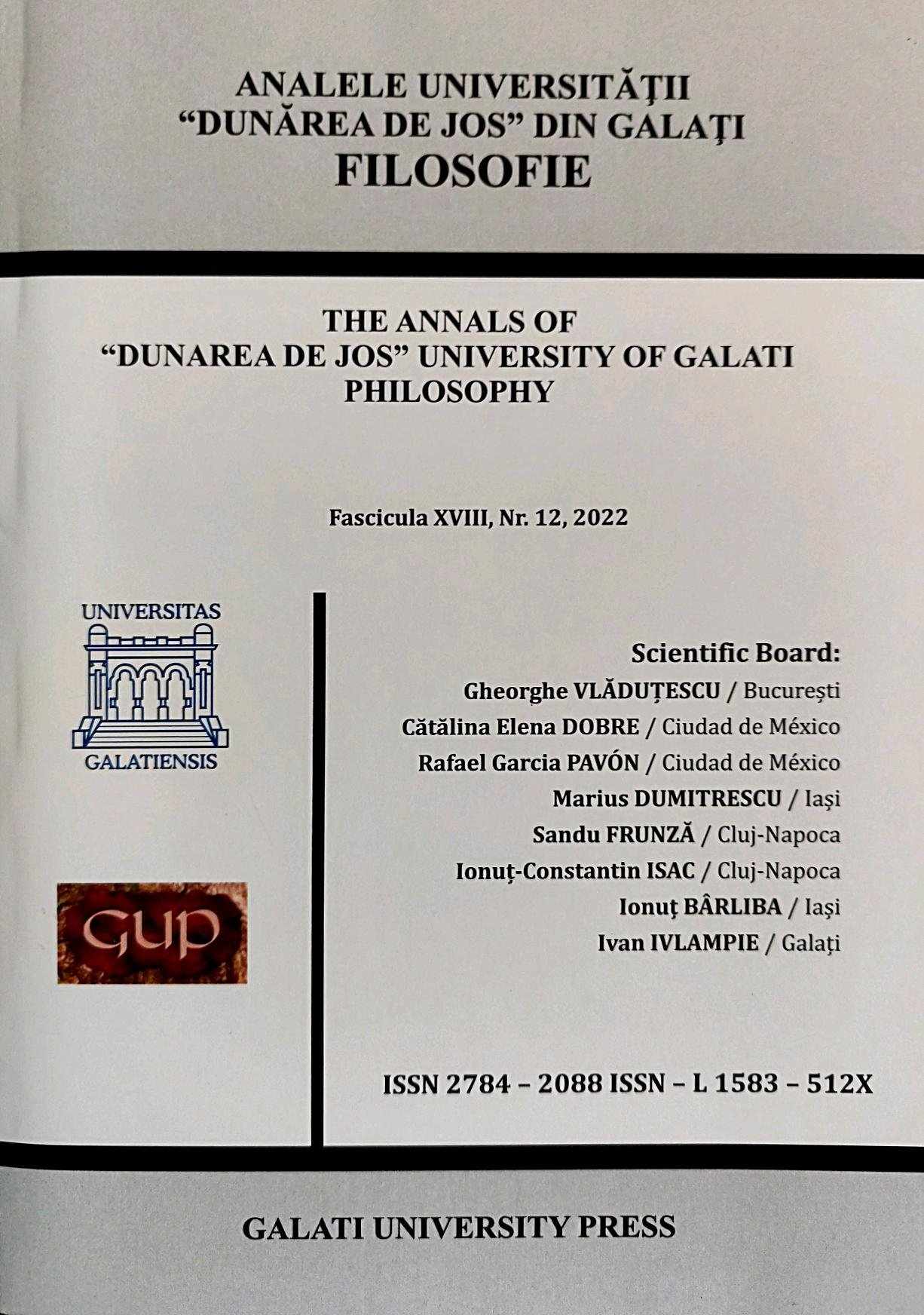
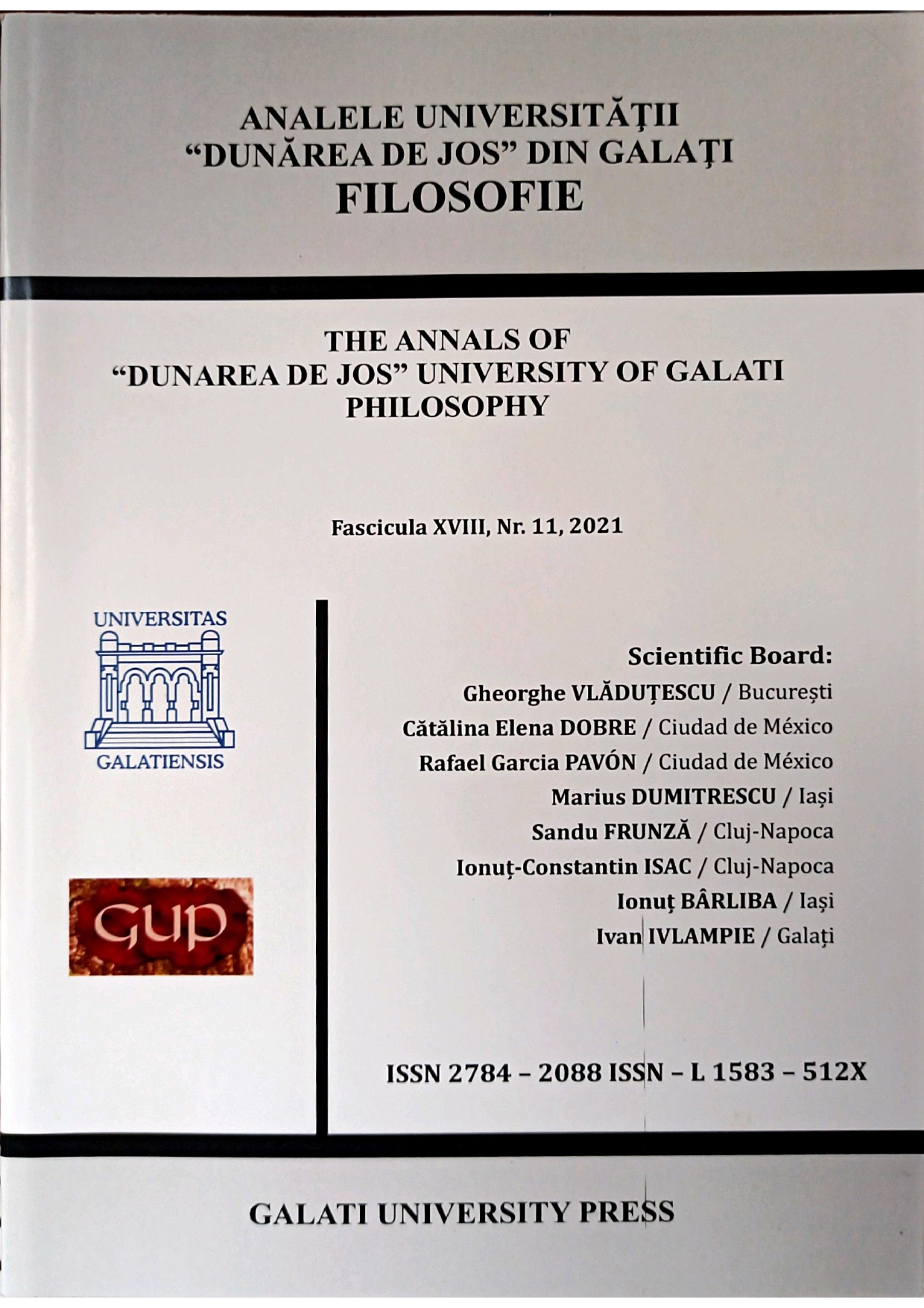

![„[...] Kraj marzeń i romantycznych wzruszeń, bajecznego bogactwa i niewiarygodnej nędzy” – cywilizacja, religia i filozofia Indii](/api/image/getissuecoverimage?id=picture_2024_85143.jpg)